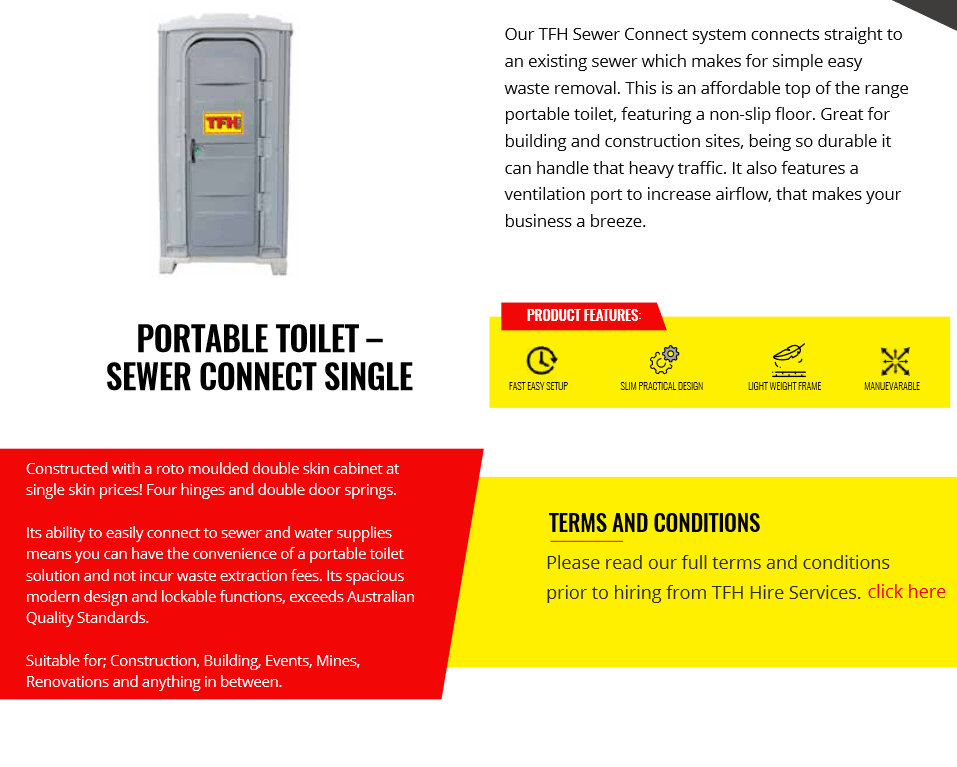Everything about Reclaim Waste
Everything about Reclaim Waste
Blog Article
The Only Guide to Reclaim Waste
Table of ContentsNot known Facts About Reclaim WasteReclaim Waste - QuestionsExcitement About Reclaim WasteThe 5-Minute Rule for Reclaim WasteReclaim Waste for Dummies
Residential sewage waste refers to the waste and products from a residential septic storage tank. The proper monitoring and disposal of domestic sewer waste require liquid waste to be transferred to a sewer treatment plant where the correct techniques and devices are used to detoxify and dispose of waste.
Business waste frequently consists of prospective hazards, such as combustible products or a mixture of liquid and strong waste items, and requires an advanced and thorough disposal procedure. The disposal of industrial waste commonly includes the filtration of waste prior to transportation to make certain risk-free and correct disposal. Industrial waste is created from results and runoff of commercial procedures and production.
This type of waste can not utilize the same sewer monitoring transportation or processes as septic or industrial fluids. The commercial waste management process needs the assessment and testing of liquid waste before it undertakes the disposal procedure (liquid waste removal melbourne). Overflow waste is the fluid waste that originates from overflow and excess stormwater in extremely booming locations or cities
Runoff waste can create contamination and flooding if not managed properly. Ensuring appropriate waste administration can prevent disasters and minimize ecological harm.
Reclaim Waste Things To Know Before You Buy
Call PROS Services today to discover regarding our waste management and disposal services and the correct methods to look after the liquid waste you generate.
(https://reclaimwaste1.wordpress.com/2024/11/12/efficient-liquid-waste-disposal-in-melbourne-reclaim-wastes-expert-solutions/)Do you know what takes place to your water when you end, flush the toilet or drain pipes the cleaning device? No? Well, it's worth recognizing. This so-called 'wastewater' is not only a vital source however, after treatment, will certainly be released to our land, rivers or the ocean. Used water from commodes, showers, baths, cooking area sinks, washings and industrial procedures is referred to as wastewater.

water used to cool down equipment or tidy plant and equipment). Stormwater, a kind of wastewater, is overflow that flows from farming and urban locations such as roofings, parks, gardens, roadways, paths and seamless gutters into stormwater drains pipes, after rainfall. Stormwater streams without treatment directly to regional creeks or rivers, at some point reaching the ocean.
Reclaim Waste - An Overview
In Queensland, most wastewater is treated at sewer therapy plants. Wastewater is transported from domestic or industrial websites via a system of sewage systems and pump stations, known as sewerage reticulation, to a sewage treatment plant. City governments construct, maintain and operate most sewage treatment plants. Operators are certified under the Environmental Defense Act 1994 to release treated wastewater at an acceptable environmental requirement right into waterways.
The Department of Natural Resources advises city governments about managing, operating and maintaining sewage systems and therapy plants. In unsewered locations, neighborhood federal governments might need homeowners to set up private or family sewer treatment systems to treat residential wastewater from bathrooms, kitchen areas, washrooms and washings. The Division of Natural Resources authorises making use of home systems when they are shown to be effective.
Most stormwater obtains no therapy. In some new class, treatment of some stormwater to get rid of trash, sand and gravel has actually started using gross pollutant catches. Wastewater therapy happens in four stages: Removes strong matter. Bigger solids, such as plastics and various other items wrongly released to sewers, are removed when wastewater is travelled through displays.
Utilizes small living organisms understands as micro-organisms to damage down and remove staying liquified wastes and fine bits. Micro-organisms and wastes are included in the sludge.
The Best Guide To Reclaim Waste
Nutrient removal is not available at all sewage treatment plants because it requires pricey specialised tools. Clear fluid effluent generated after therapy might still consist of disease-causing micro-organisms - liquid important site waste disposal melbourne.

A lot of wastewater moves into the sewage system. Under the Act, regional governments carry out authorizations and permits for eco relevant tasks (Ages) involving wastewater launches that may have a local influence.
Reclaim Waste Can Be Fun For Everyone
Otherwise, examples are taken for lab evaluation. Typically several tests are required to establish the levels of each of the various pollutants such as oils, heavy metals and chemicals in water. Tracking provides accurate details about water high quality and can validate that permit problems are being fulfilled. The information obtained with monitoring supplies the basis for making water high quality choices.
Report this page